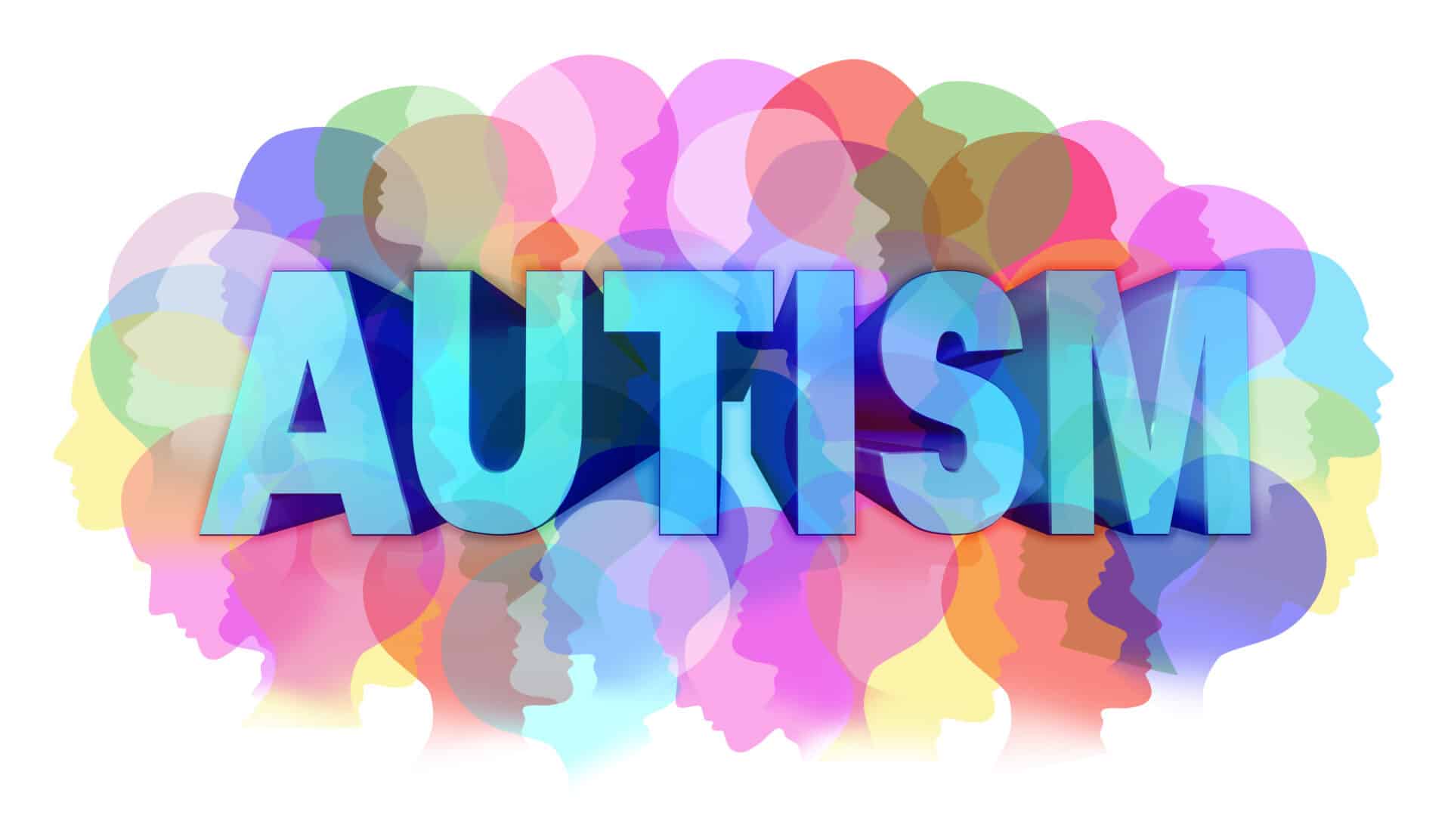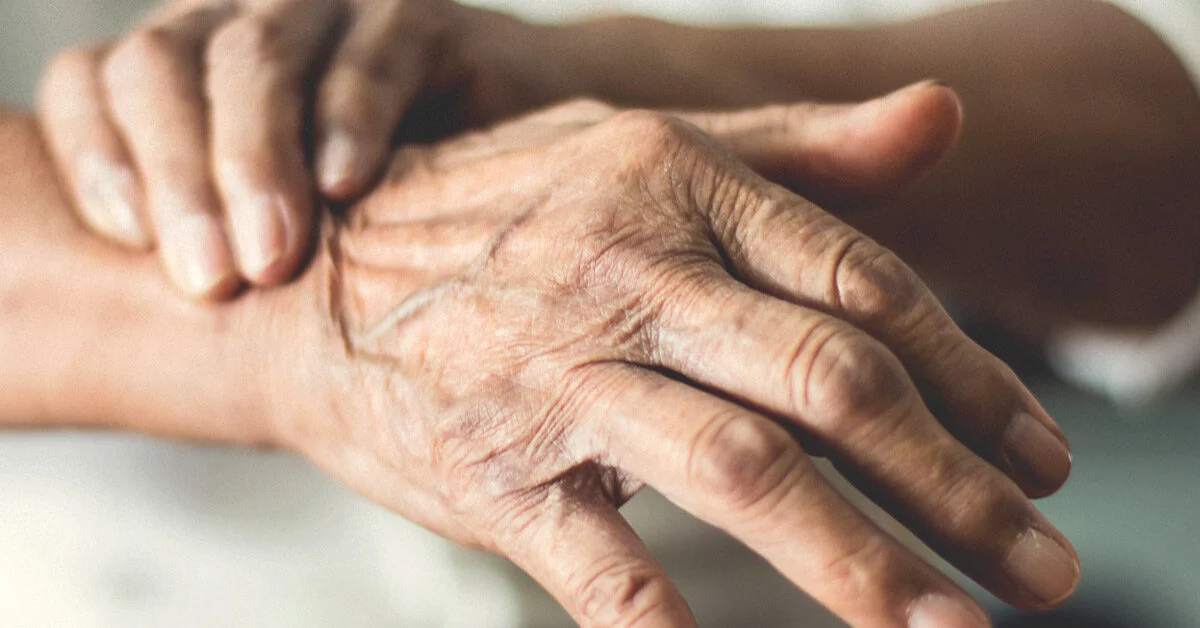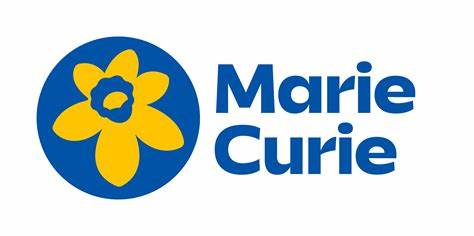Protect your Older Relative from Scammers
Scams can be difficult to spot, and sadly many scammers prey on elderly or vulnerable people to hand over their personal details, banking information or even transfer money. Elderly persons, especially those with dementia may be less aware of potential scammers, but you can protect yourself or a loved one by being vigilant.
Here’s some tips on how to protect a vulnerable loved one from scams:
- Regular Check-ins. Check on your older relative’s finances regularly, discuss any transactions, bills and emails. By doing this, you will be able to recognise any activities that are out of the ordinary. Remind them that you are doing this for their own protection, and you do not wish to control their financial situation.
- Take note. Educate yourself and your elderly relative about various scams – scammers prey on victims via email, phone, or websites.
- Coronavirus scams. The Covid-19 pandemic has seen a rise in scams as scammers take advantage of people’s loneliness in isolation. New scams are also emerging to prey on front-line workers and those waiting for vaccines. One involves sending a text message informing you that your first dose of the vaccine is ready, but then asking for your bank information and linking to a bogus NHS website. Another pretends to be from NHS Test and Trace, asking for your details. Genuine Test and Trace texts will only come from NHStrace or as an alert on the app, while genuine phone calls are from 0300 0135 000. The NHS will never ask for your bank details or copies of identification documents such as your passport or driving licence.
- Email scams. More and more elderly people are joining the internet. If your relative uses email, they should check any mail before taking action. Remember – if it sounds too good to be true, it probably is.
- Phone Scams. Scammers can get phone numbers from telemarketing lists. One of the most effective things you can do to protect your older relative from phone scams is to remove their name from call lists, or buy them a phone with a ‘block caller’ button, such as this one which can block up to 1000 numbers. Moreover, ask your elderly relative to be aware of such telemarketer calls and to never give personal details over the phone. They can also register their phone with the Telephone Preference Service (TPS) where you can log complaints about bothersome calls.
- Investment and Pension Fraud. Many elderly people who are victims of investment scams do not report them. Often, this is due to embarrassment or a lack of knowledge about how to report it. As a result, it is critical to discuss your relative’s investments with them. We recommend ScamSmart – a website created by the government and the Financial Conduct Authority to assist your elderly relative and you in detecting investment scams.
- Postal Scams. Letters are often sent with the intent of extracting money from the recipient. Advise your relative to treat everything referring to money as suspicious, unless it is their usual bills. You may also wish to put a ‘No Junk Mail’ sign on the front door. and register your relative with the Mail Preference Service – this will not eradicate all junk mail but will significantly reduce the amount of junk mail received.
The Bottom Line
Make sure your elderly relative is safe from scammers by having conversations with them. Educate them and yourself on any potential scams, and never give personal or bank details to someone you don’t know or trust.
What to do if someone has fell victim to a scam
If you think you or someone you know has been scammed, speak to your bank immediately and report any fraud to Action Fraud on 0300 123 2040.
There is an online Scams helper from Citizens Advice which checks is something is a scam and advises you on what to do if it is.
If you have any other useful tips on how to stay safe online, let us know in the comments below!








